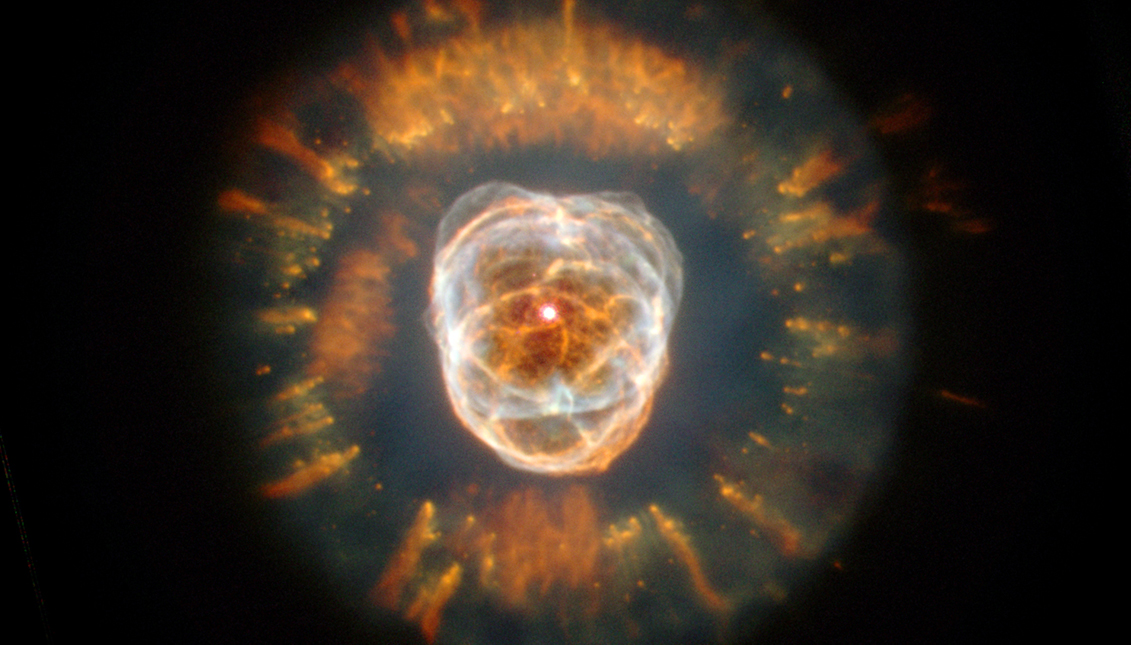
NASA removes offensive nicknames for stars, galaxies and nebulae
The impact of Black Lives Matter has reached space.
First it was the squares and streets, later the iconography and names of sports teams, and even consumer products. If language and images encode our world, a more just and diverse society needs new names for new times.
Political correctness has not only become a universal trend, but has reached the ends of the universe thanks to NASA's commitment to rename planets, galaxies and other cosmic objects initially known by discriminatory names.
The announcement was made by the aeronautical agency in a press release, assuring that from now on, it will only use their scientific names to be much more inclusive and not to marginalize certain groups, which poses for many a real exercise in memory.
In this way, the "Eskimo Nebula", discovered by William Hershel in 1787, will be called NGC 2392 to avoid the colonial and racist 'nickname' imposed on the natives of the Arctic regions.
The so-called "Siamese twin galaxy" — two spiral galaxies in the Virgo cluster of galaxies — will be referred to as NGC 4567 and NGC 4568.
RELATED CONTENT
"As the scientific community works to identify and address systemic discrimination and inequality in all aspects of the field, it became clear that certain cosmic nicknames are not only insensitive but can be actively harmful," the agency explained, adding that this examination of the use of its official terminology for celestial objects was part of its compromise with the inclusion.
Meanwhile, NASA Associate Administrator for Diversity and Equal Opportunity Stephen T. Shih said that "these nicknames and terms can have historical or cultural connotations that are objectionable or unpleasant, and NASA is strongly committed to addressing them."
"Our goal is for all names to be aligned with our values of diversity and inclusion, and we will work proactively with the scientific community to help ensure this. Science is for everyone, and every facet of our work must reflect that value," noted Thomas Zurbuchen, associate administrator for NASA's Science Mission Directorate in Washington.
It seems like a lie, but to this day no woman has ever set foot on the moon. Nor had it been questioned before, when President John F. Kennedy made the iconic speech to Congress that started the space race, saying the intention was to "take a man to the Moon" — today his advisors would surely recommend that he say "person."
Women scientists still have a glass ceiling, as demonstrated by the still small number of women researchers in positions of power. However, the tide is turning slowly and heavily — like taking a step on the Moon — and NASA announced last year that in 2024 it would be sending a man and a woman to the natural satellite as part of the new Artemis program.
"I think this could be transformative for young women, not just in this country but around the world," Jim Bridenstine, the space agency's administrator, told CNN. For him, the milestone would correct the history of machismo that has characterized NASA since its founding in 1958.











LEAVE A COMMENT:
Join the discussion! Leave a comment.